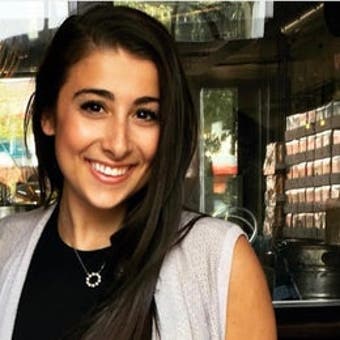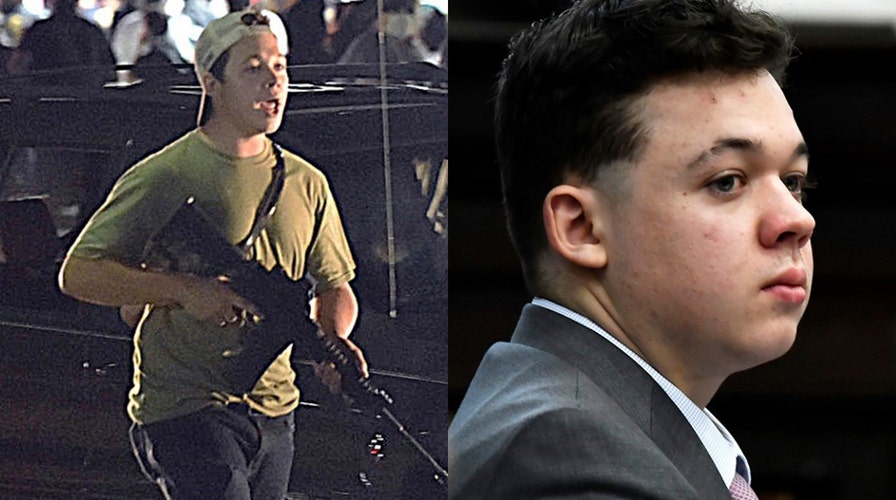Fox News Flash top headlines for November 9
Fox News Flash top headlines are here. Check out what's clicking on Foxnews.com.
Experts say the argument from Kyle Rittenhouse’s legal team that the young man was defending himself in August 2020, when he fatally shot two people and wounded a third, was bolstered on Monday by testimony from one of the injured men – who acknowledged that he did point his gun at Rittenhouse in the moments before he was struck.
Gaige Grosskreutz took the stand inside the Kenosha County courtroom in Wisconsin on Monday morning as the prosecution’s 16th witness. He was one of three people shot by Rittenhouse during a night of destruction and unrest on Kenosha and he was the only person to survive the gunfire.
Rittenhouse’s attorneys have argued repeatedly that their client was acting in self-defense, and fired his semi-automatic rifle because he was being chased or faced with a gun. Meanwhile, the prosecution has tried to depict Rittenhouse as the person who instigated the events, including by emphasizing that he is the only person to have shot someone during the night of unrest.
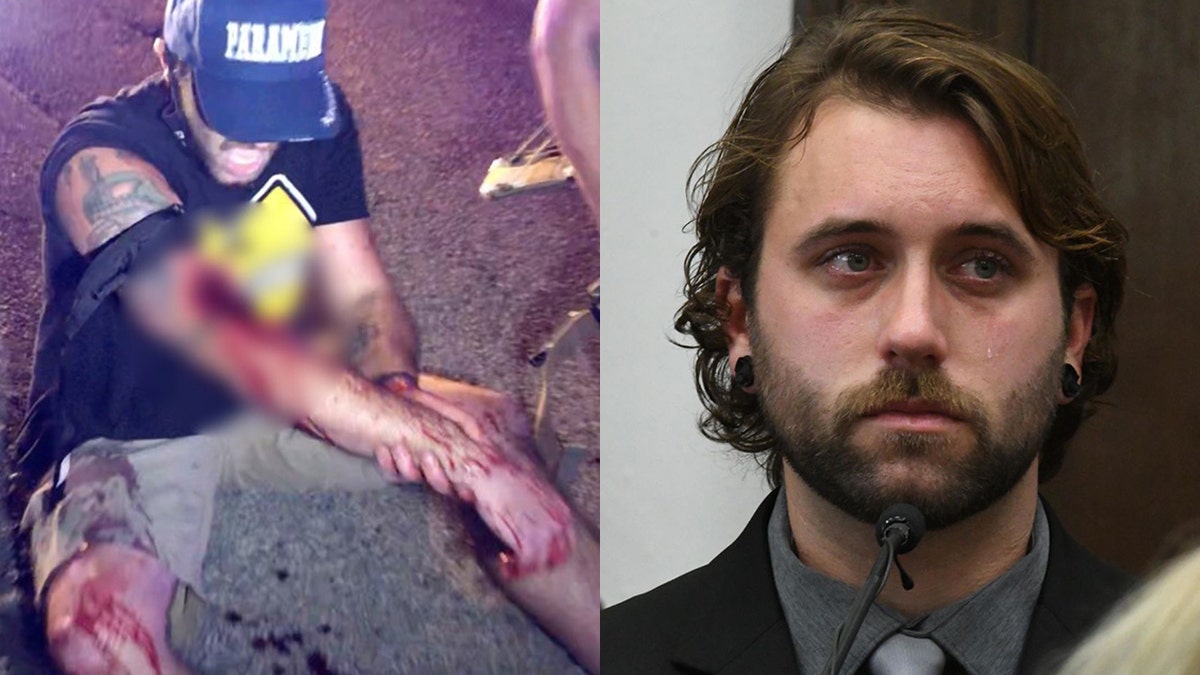
The image on the left shows Gaige Grosskreutz wounded during a protest in Kenosha, Wisconsin, on Aug. 25, 2020, in this still image obtained from a social media video. (INSTAGRAM / @LOURIEALEX/via REUTERS); On the right, Gaige Grosskreutz becomes emotional as he testifies Nov. 8, 2021 about being shot in the right arm (Mark Hertzberg-Pool/Getty Images)
RITTENHOUSE JUDGE SAYS PERSON CAUGHT FILMING JURORS, ORDERS DELETION ALONG WITH 'NEW PROCEDURES'
Grosskreutz, now 27, said he was attending the unrest of Aug. 25, 2020 in part as a volunteer medic. He said he was armed with a pistol, which he had holstered in the small of his back, but that permit had expired and was not valid on that night.
Grosskreutz told prosecutors from the stand that his hands were raised as he approached Rittenhouse and had no plans to fire his handgun. When asked why he did not shoot Rittenhouse first, he responded: "That’s not the kind of person that I am. That’s not why I was out there."
But his testimony unraveled under questioning from the defense.
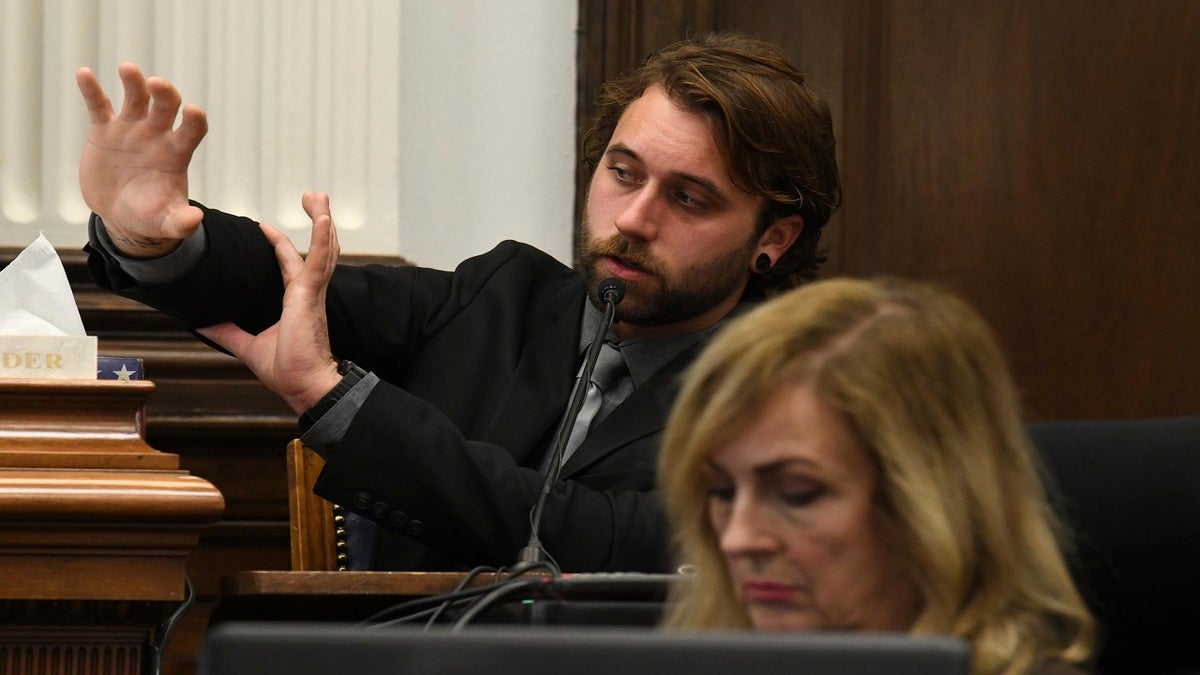
Gaige Grosskreutz talks about the permanent injuries to his right arm and hand as he testifies about being shot, during the Kyle Rittenhouse trial at the Kenosha County Courthouse on Monday, Nov. 8, 2021. ((Mark Hertzberg/Pool Photo via AP))
"When you were standing three to five feet from him with your arms up in the air, he never fired," defense attorney Corey Chirafisi said during his cross-examination. "It wasn’t until you pointed your gun at him, advanced on him with your gun, now your hands down, pointed at him that he fired, right?"
KYLE RITTENHOUSE TRIAL: SHOOTING VICTIM GAIGE GROSSKREUTZ SAYS HE WAS POINTING HIS GUN AT YOUNG MAN
"Correct," Grosskreutz responded. He later added that he did not mean to point his gun at Rittenhouse.
Longtime defense attorney and former New York City prosecutor Julie Rendelman said Tuesday Chirafisi and the defense "hit it out of the ballpark" in their questioning of Grosskreutz.
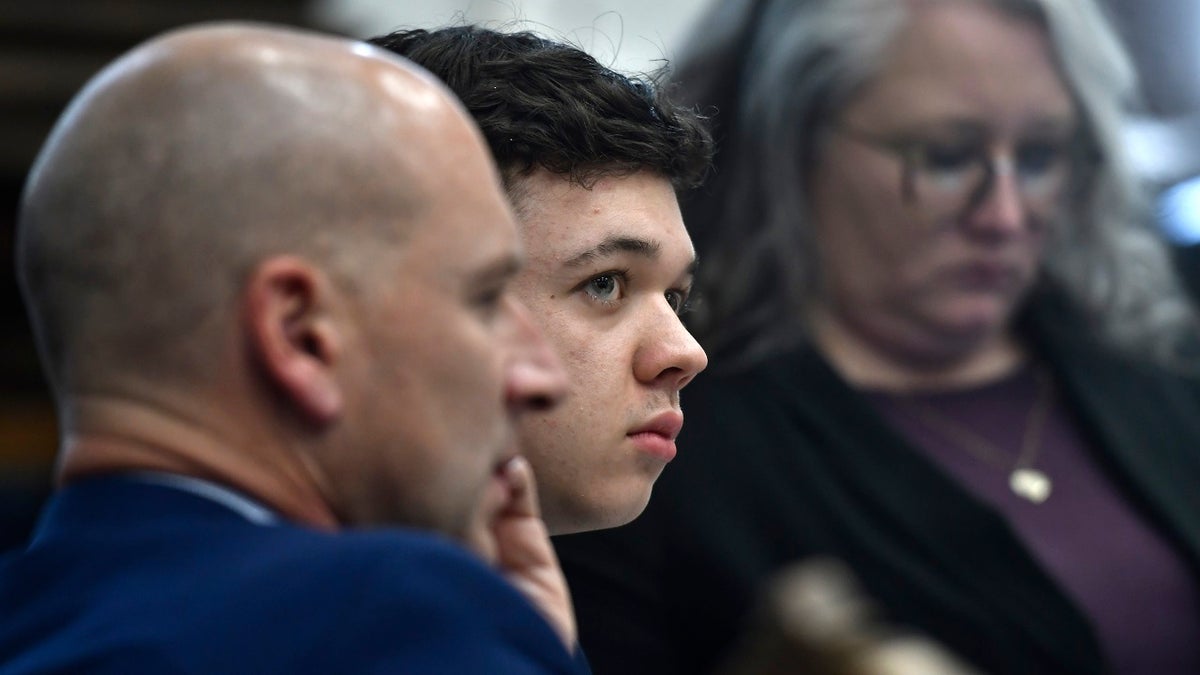
Kyle Rittenhouse, center, looks up and away from a video monitor as footage of him shooting on the night of Aug. 25, 2020, is shown during the trial on Wednesday, Nov. 3 2021. (Sean Krajacic/The Kenosha News via AP, Pool)
Rendelman described cross-examination – or questioning a witness who was called by the other side – as "a blend of acting and being able to take the questions that you have and put it in a way that that a jury is riveted by the way you're asking those questions."
She said Chirafisi was "so effective" in how he approached Grosskreutz.
"And by the way, it really did destroy, destroy the prosecution's arguments with regards to that specific complainant," she added.
It would have been unusual for the prosecution not to call Grosskreutz to the stand because he is the only surviving victim and one of the charges against Rittenhouse is directly related to his alleged actions against Grosskreutz, Rendelman further explained.
WITNESS: KENOSHA VICTIM WAS BELLIGERENT BUT NO THREAT
Rittenhouse was 17 when he and at least one friend said they traveled to the Wisconsin city from Illinois to protect local businesses and provide medical aid after two nights of businesses being looted and set on fire.
He is charged with two counts of homicide, one count of attempted homicide, recklessly endangering safety and illegal possession of a dangerous weapon by a person under 18.
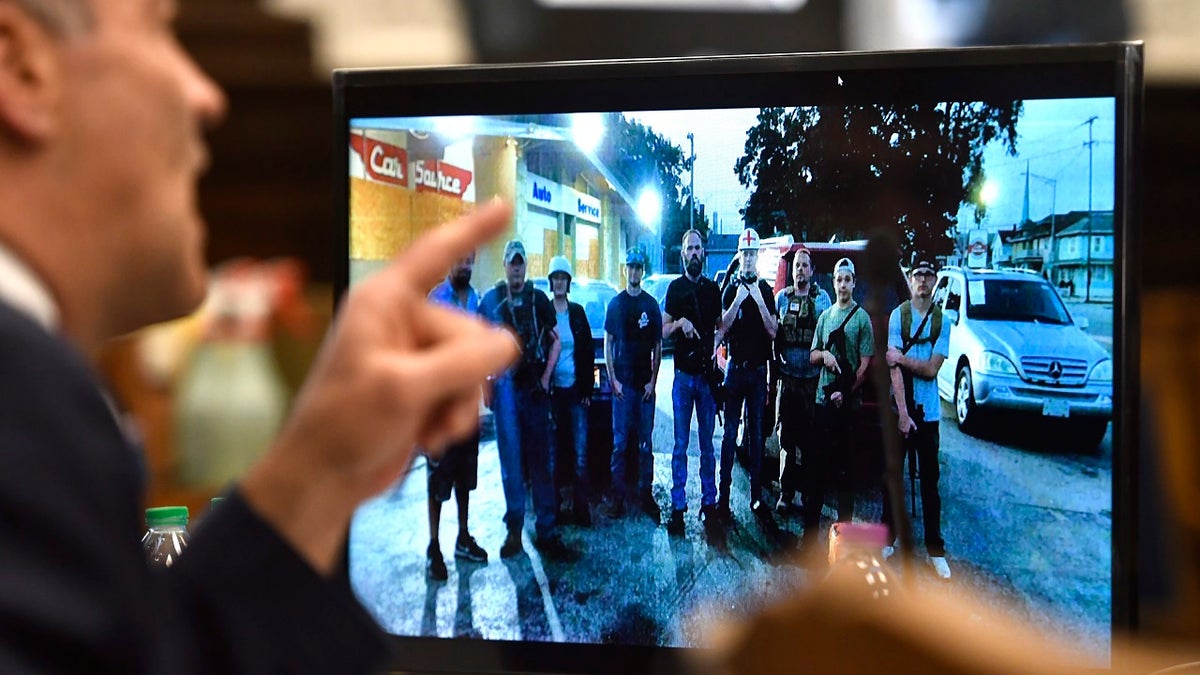
Mark Richards, lead attorney for Kyle Rittenhouse, shows a photograph with Kyle Rittenhouse, second from right, along with Dominic Black, right, from the evening of Aug. 25, 2020, as he cross examines Black during Kyle Rittenhouse's trial on Tuesday, Nov. 2, 2021. (Sean Krajacic/The Kenosha News via AP, Pool)
Regardless of the divisiveness of the case, Rendelman said, "I don't think anyone from either side could view that cross-examination and not recognize that the prosecution is in trouble, at least in regards to that specific complaint."
Wisconsin’s law surrounding self-defense only allows a person to use deadly force if doing so is "necessary to prevent imminent death or great bodily harm," according to The Associated Press.
Despite Grosskreutz’s statement that he did not intend to point his gun at Rittenhouse, Rendelman said the question of intentionality should not impact the self-defense argument.
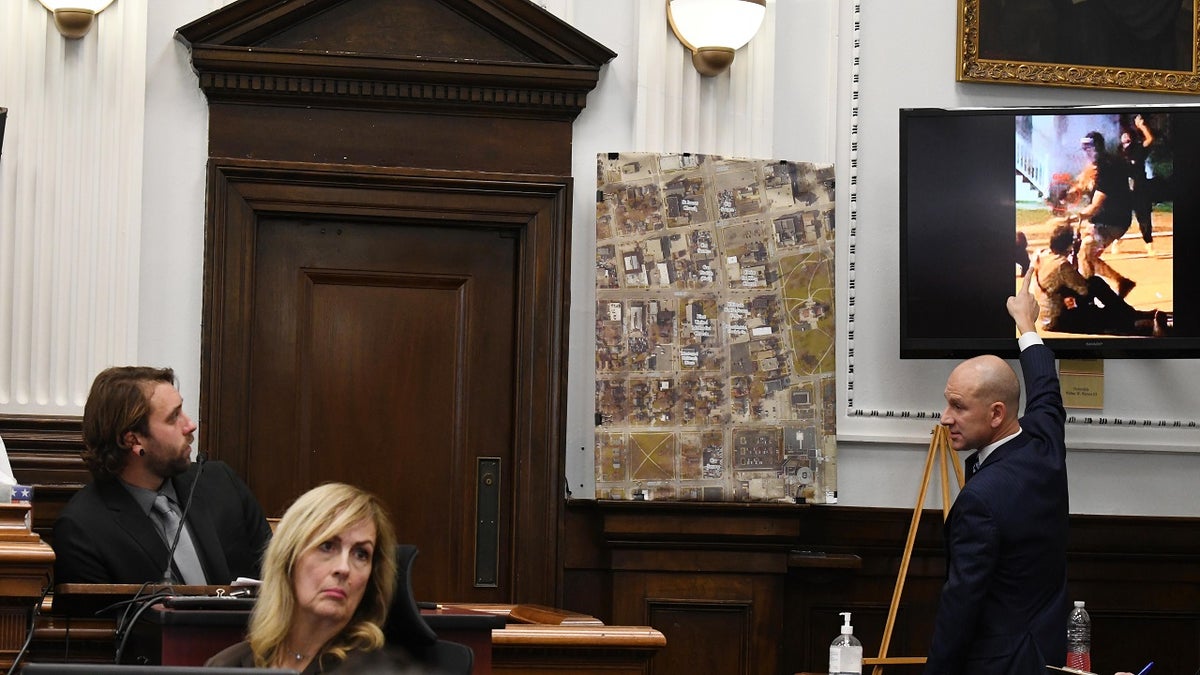
Defense attorney Corey Chirafisi questions shooting victim Gaige Grosskreutz about the moment he was shot by Kyle Rittenhouse during the Kyle Rittenhouse trial at the Kenosha County Courthouse on Nov. 8, 2021 in Kenosha, Wisconsin. (Mark Hertzberg-Pool/Getty Images)
"It's hard to imagine that someone pulls out a gun, un-holsters it, points it and then says they didn't intend to point it," she continued. "But the important thing is in what's in the mind of Rittenhouse. And if you follow the law, you know, they have to decide whether Rittenhouse believed he was in peril and whether the belief was reasonable under the circumstances."
She added: "He's not expected to read the mind of the person pointing the gun at him and go, ‘Oh, he didn't intend to point it at me, so I can't shoot him.’"
Los Angeles-based criminal attorney Lara Yeretsian, who boasts past clientele including Scott Peterson and was a member of his original defense team, had similar thoughts, and asked, "What is Kyle Rittenhouse supposed to think?"
"He's on the ground, someone's pointing a gun at him – how does he know if it's intentional or unintentional and what this guy is thinking? He is seeing danger," Yeretsian told Fox News on Tuesday. "And guess what he's going to do? The gut reaction, the visceral reaction of any human being is to defend himself."

Mark Richards, Kyle Rittenhouse's lead attorney, left, talks with Assistant District Attorney Thomas Binger, center, during a break in Rittenhouse's trial at the Kenosha County Courthouse in Kenosha, Wis., on Wednesday, Nov. 3 2021. (Sean Krajacic/The Kenosha News via AP, Pool) (Sean Krajacic/The Kenosha News via AP, Pool)
The defense team tried to paint Grosskreutz as being untruthful, with Chirafisi accusing Grosskruetz of lying to police early on by telling them that he had dropped his gun. Chirafisi also described Grosskreutz as having been chasing Rittenhouse with his gun in his hand, which Grosskreutz denied.
He further alleged that Grosskreutz once told a roommate, that he regretted "not killing the kid and hesitating to pull the gun before emptying the entire mag into him."
"No, I never said that," Grosskreutz responded.
Grosskreutz has sued the city of Kenosha for $10 million.
WARNING: THE FOLLOWING PHOTOGRAPH IS GRAPHIC IN NATURE
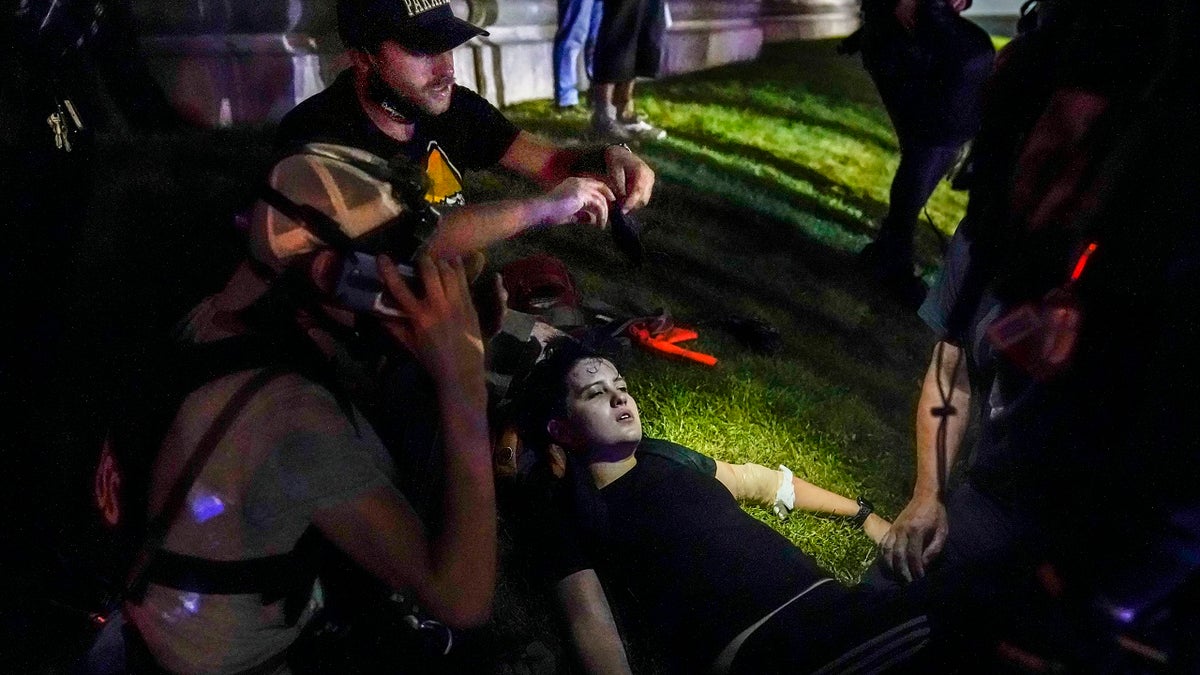
In this Aug. 25, 2020 file photo, Gaige Grosskreutz, top, tends to an injured protester during clashes with police outside the Kenosha County Courthouse (AP Photo/David Goldman, File)
On the night of Aug. 25, 2020, Grosskreutz said he wore a hat that identified him as a "paramedic" and brought medical supplies and his loaded gun with him. He took video on his phone at time, which he said he streamed live on his Facebook.
He described to prosecutors how he first drew his gun after learning of the bloodshed, and said he thought Rittenhouse "was an active shooter."
CLICK HERE TO GET THE FOX NEWS APP
When asked about his mindset at the time, he said he thought "that I was going to die."
Prosecutors also showed graphic images and videos of the injuries that Grosskreutz had suffered when the bullet tore away a large portion of his bicep.
Fox News' Jiovanni Lieggi contributed to this report.








































